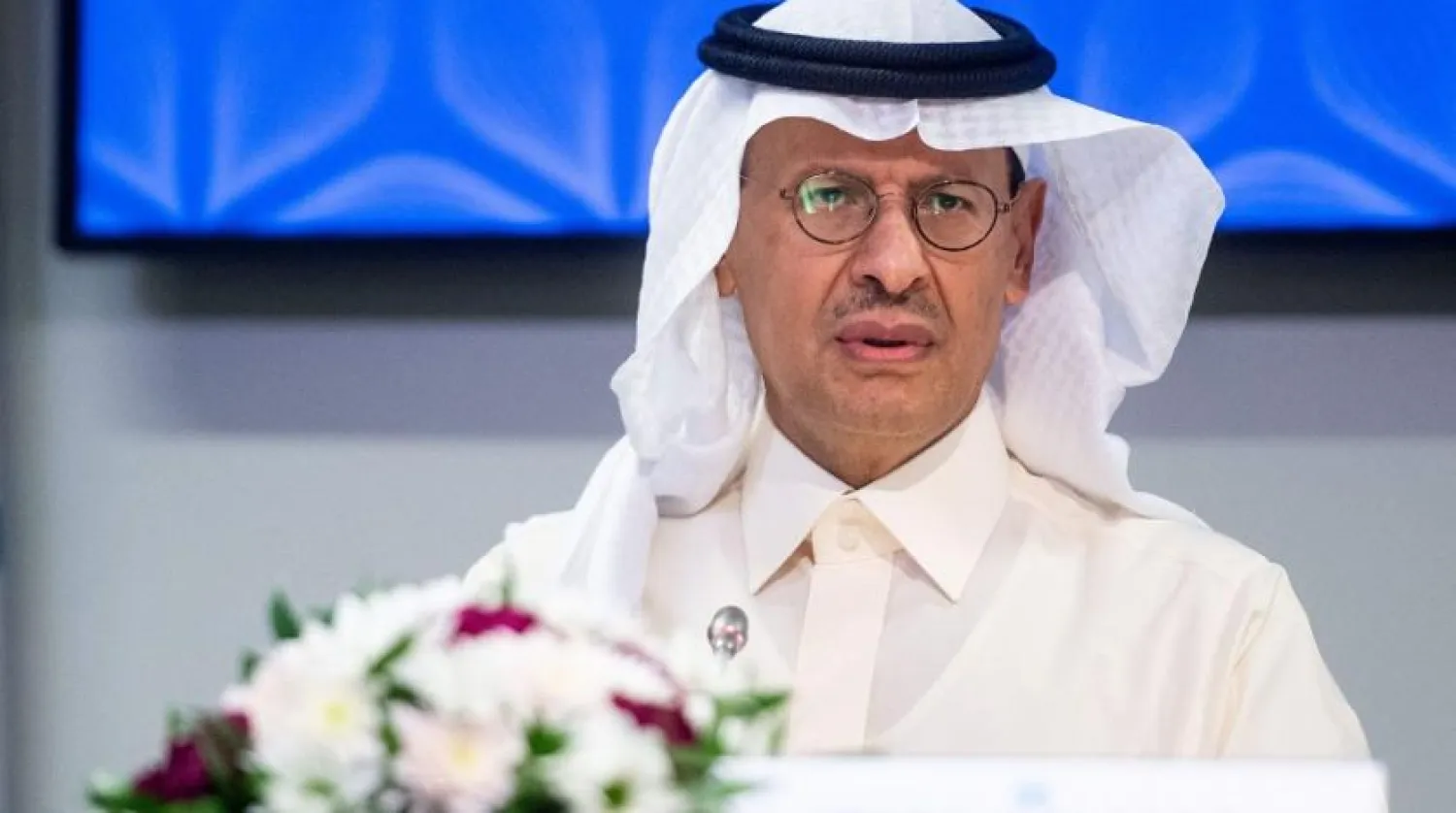Saudi Energy Minister Prince Abdulaziz bin Salman bin Abdulaziz reiterated on Friday the need to increase the stability of the global oil market, during a video call with French Minister for Energy Transition, Agnes Pannier-Runacher.
Saudi Arabia and France are seeking to increase cooperation in clean hydrogen and renewable energy.
The two ministers pointed to the need to strengthen bilateral relations and to ensure security and energy supplies to global markets, noting that Riyadh would remain a reliable partner in crude oil supplies to France.
The two officials discussed cooperation in the field of clean hydrogen and renewable energy, in which French companies actively engage, in addition to the bilateral agreement for the peaceful uses of nuclear energy, which was signed by the two governments in February 2011.
The two sides emphasized the importance of working on opportunities in the electricity sector, energy efficiency, innovation, decarbonization technologies, and other areas of mutual interest.
According to information released on Friday, bilateral relations between Saudi Arabia and France are witnessing growth at the political, economic, cultural and defense levels.
The two countries have agreed on the need to study opportunities for developing the production of clean hydrogen in Saudi Arabia, to facilitate the transition to economies free of greenhouse gas emissions.
Meeting with Greece
Also on Friday, Prince Abdulaziz bin Salman conducted a video call with Kostsas Skrekas, Greek Minister of Environment and Energy, underlining the need to strengthen energy cooperation and form a high-level working group to facilitate the implementation of the memorandum of understanding signed in July.
The two sides expressed readiness to cooperate in supporting the stability of global oil markets, maintaining close communication and facing emerging challenges and risks.
They also stressed the need to ensure the security and reliability of energy supplies to global markets, noting that Saudi Arabia remained one of Greece’s most reliable partners in crude oil supplies.
Moreover, the meeting discussed cooperation in renewable energy, clean hydrogen, and electrical interconnection projects.
Partnership with Pakistan
On Thursday, Prince Abdulaziz bin Salman participated, via video call, in the first meeting of a Saudi-Pakistani Economic Steering Committee, with Dr. Miftah Ismail, Minister of Finance and Revenue of Pakistan.
The Saudi minister stressed that his country considers Pakistan an important partner in its development plans and programs, adding that the two countries sought to enhance ways of cooperation and create new partnership opportunities and initiatives that benefit the common interest.
The work of the Steering Committee covers several areas, including energy, industry, mineral wealth, trade, finance, environment, agriculture, transportation, logistics, communications, information technology, tourism and investment.









